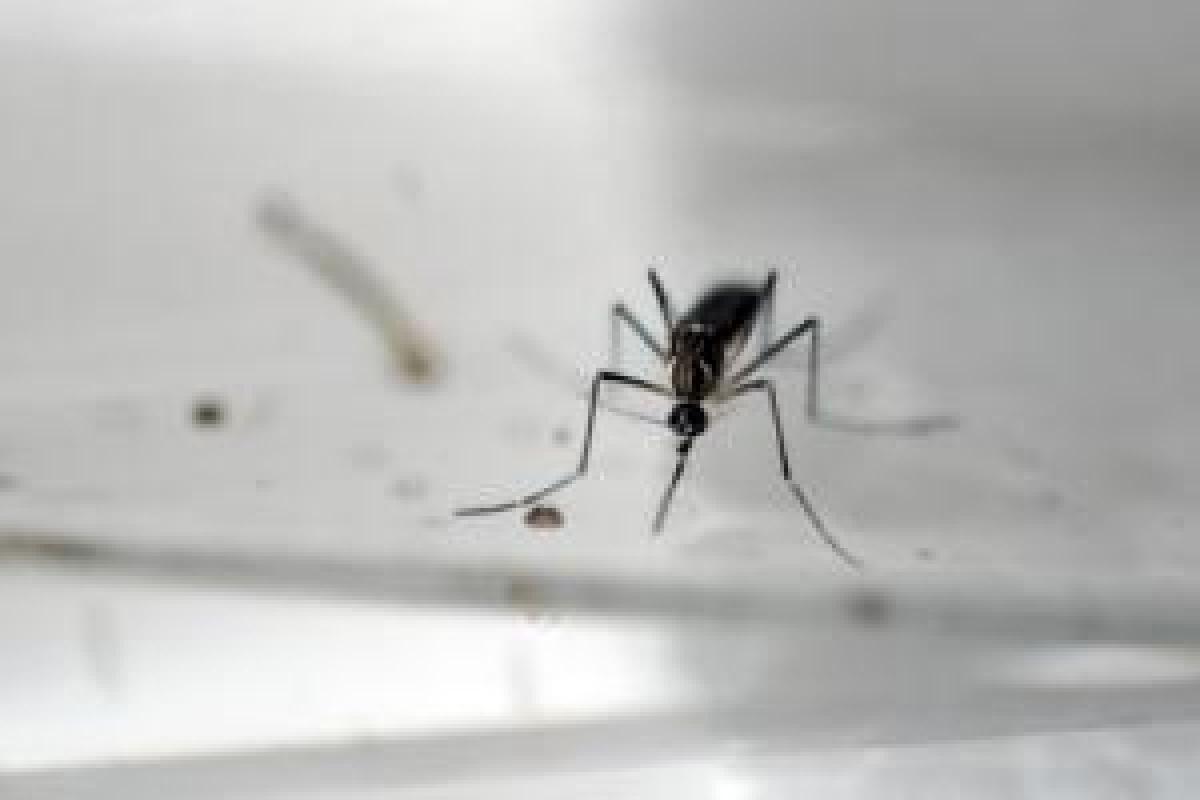Live
- Cinematic legacy celebrated at SV University
- No permission needed for buildings up to 15 metres
- Do you support caste census? Which one will you prefer caste census or skill census?
- GHMC Commissioner attends Prajavani, receives 126 applications
- 6 injured as lift crashes in Bahadurpura apartment
- CM Revanth: Delhi visits are in TG’s interests, scotches buzz on cabinet expansion
- Chandrababu Naidu Wishes People on Constitution Day
- World Heritage Week celebrations conclude
- Coronation of Vishvaraj as Mewar’s 77th successor starts amid questions over palace visit
- Give utmost priority to research: SKLTHU V-C









